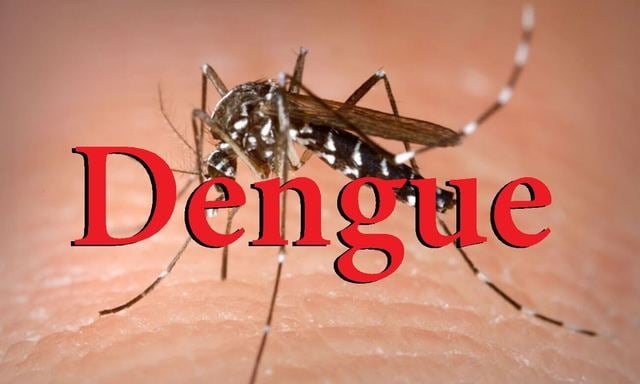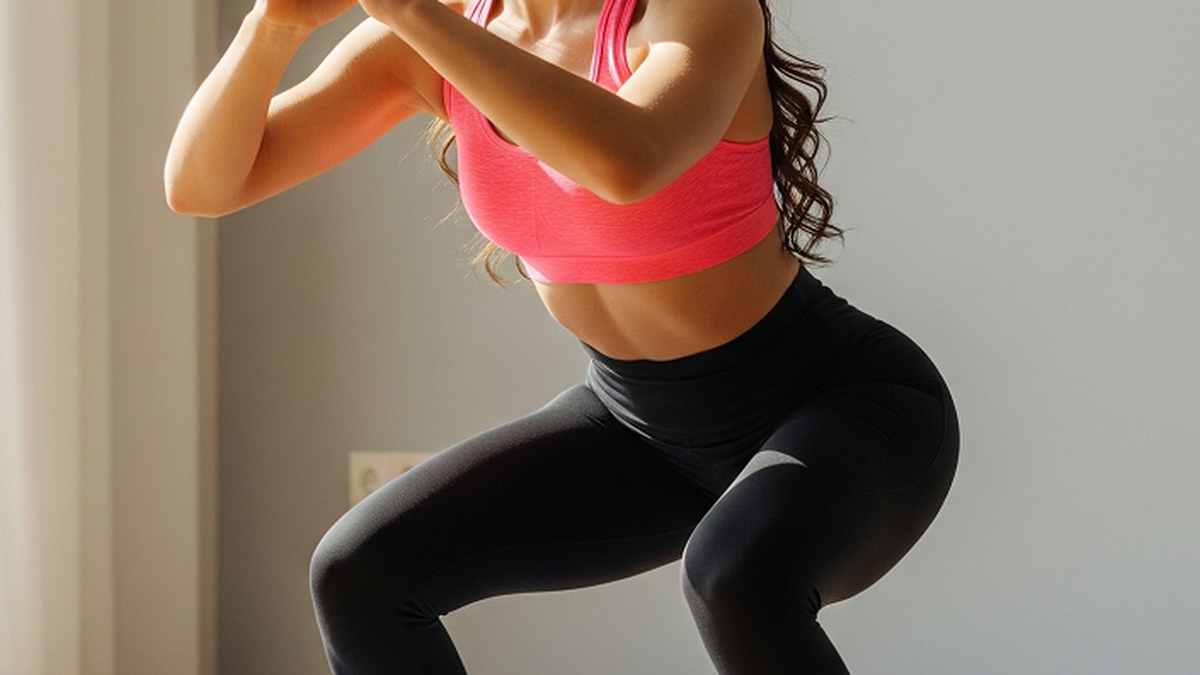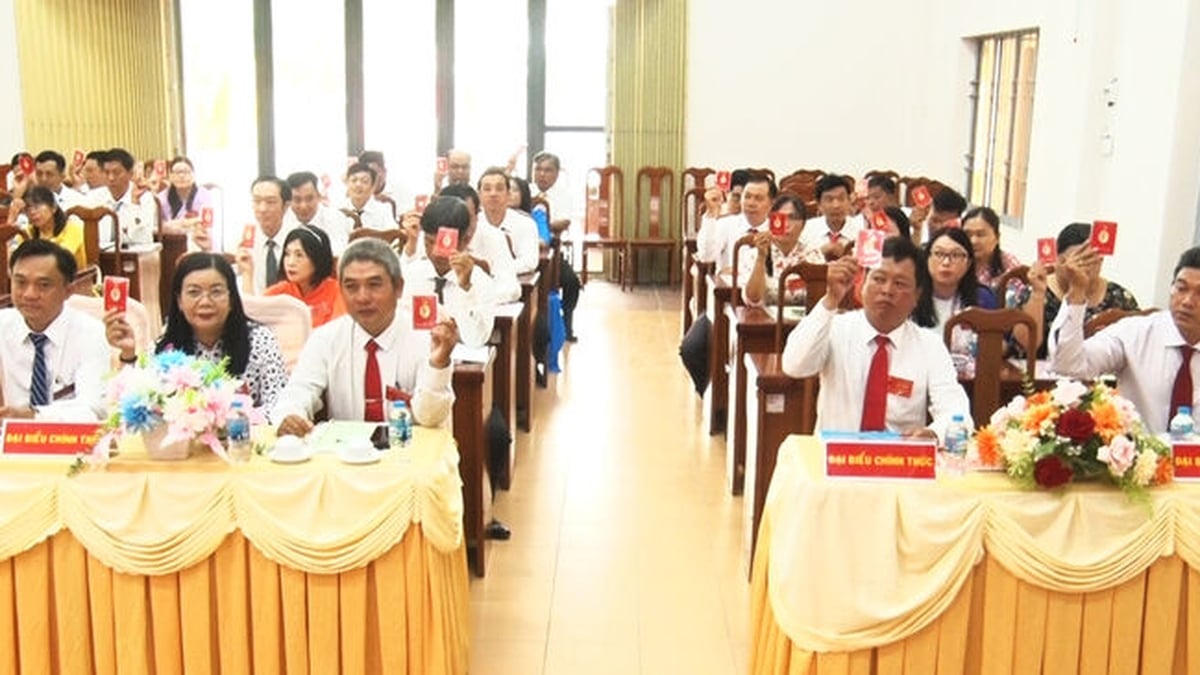Currently, dengue fever in Vietnam is entering its peak season.
Since the beginning of 2025, the country has recorded more than 32,000 cases. In the current rainy and humid weather conditions, disease-carrying mosquitoes are increasingly multiplying, increasing the risk of spreading.
 |
| Illustration photo. |
Dengue hemorrhagic fever (DHF) is one of the fastest spreading mosquito-borne viral infectious diseases in the world .
With the trend of climate change, urbanization and increasingly favorable living environment for mosquito development, the burden of dengue fever is constantly increasing.
In particular, the Asia- Pacific region currently accounts for 70% of the total global cases. Vietnam is one of the countries most severely affected, especially during the rainy season from June to November every year.
According to experts, dengue fever is not only common but also one of the most dangerous infectious diseases, with a much higher incidence rate than many other diseases that can be prevented by vaccines.
Data from 2024 shows that the incidence of dengue fever is 11,500 times higher than that of meningococcal disease, 8.4 times higher than that of measles, and 3.1 times higher than that of hand, foot, and mouth disease. This raises an urgent need for proactive prevention solutions, in which vaccines play a key role.
At the recent scientific workshop to update information on vaccines against Japanese encephalitis and dengue fever, Associate Professor, Dr. Pham Quang Thai, Deputy Head of the Department of Infectious Disease Control (National Institute of Hygiene and Epidemiology) said that in Vietnam, all four strains of Dengue virus (DENV-1 to DENV-4) are circulating at the same time, of which DENV-1 and DENV-2 are dominant.
The co-circulation of multiple virus types increases the risk of reinfection and severe disease, especially in people who have had dengue fever. Therefore, a vaccine that protects against all four strains is an important goal in disease control.
TAK-003 vaccine (trade name QDENGA), developed by Takeda, is a live, attenuated, recombinant tetravalent vaccine.
The vaccine uses the DENV-2 viral scaffold to express structural proteins of all four dengue virus serotypes, thereby inducing a balanced immune response, including in previously naïve individuals.
A global clinical research program, including the phase 3 TIDES (DEN-301) study, has been conducted in multiple endemic countries, with more than 28,000 participants.
The results showed that TAK-003 was 80% effective in preventing symptomatic dengue fever and up to 90% effective in preventing hospitalization, especially in children and adolescents. Notably, the vaccine was still effective even in people who had never been infected with the dengue virus.
In terms of safety, data from phase 3 studies and field trials have shown that TAK-003 has a good safety profile. Post-injection reactions were mostly mild and transient, with the most common being pain at the injection site (43%) and headache (34%).
The rate of fever after vaccination was only about 8.9%, mainly mild fever, recovering spontaneously after 1-2 days. Notably, no significant difference was noted in the rate of serious reactions between the vaccine group and the placebo group.
In Germany, the Berlin Center for Tropical Medicine has vaccinated more than 26,000 people, mainly travelers to epidemic areas, with TAK-003. There have been few side effects and no serious reactions associated with the vaccine.
In Argentina, the first country to launch large-scale community vaccination, the Vacunar SA system has administered more than 107,000 doses in the first nine months, with extremely low rates of post-vaccination reactions: 2.4/1,000 first doses and 0.3/1,000 second doses. Only three serious reactions required follow-up, with no evidence of a link to the vaccine.
With scientific evidence and practical effectiveness, TAK-003 has been licensed for use in many countries such as Argentina, Indonesia, Peru, Honduras and recently Vietnam.
Several countries have rolled out mass vaccinations in the community, with positive results in reducing cases and hospitalizations. In Indonesia, more than 6.6 million doses of TAK-003 were distributed in the first year alone.
In Vietnam, the Ministry of Health has approved the use of the TAK-003 vaccine for people aged 4 years and older, without requiring pre-vaccination serological testing. This is an important step forward, helping to simplify the screening process and expand access to vaccination.
In the context of a complicated epidemic, according to Associate Professor, Dr. Pham Quang Thai, vaccines are a proactive, long-term and sustainable solution, supplementing traditional measures such as killing mosquitoes, larvae and raising public awareness.
In the coming time, to maximize the effectiveness of the vaccine, according to some experts, Vietnam needs to develop a reasonable vaccination strategy according to the epidemic area, prioritizing high-risk age groups, and at the same time integrating close post-vaccination monitoring to continuously evaluate the effectiveness and safety in real-life conditions.
Interdisciplinary coordination, data sharing between countries and regular scientific updates will be key to sustainably reducing the dengue burden in the future.
Source: https://baodautu.vn/sot-xuat-huet-khong-con-la-noi-lo-neu-duoc-tiem-vac-xin-dung-cach-d346584.html


































































































Comment (0)